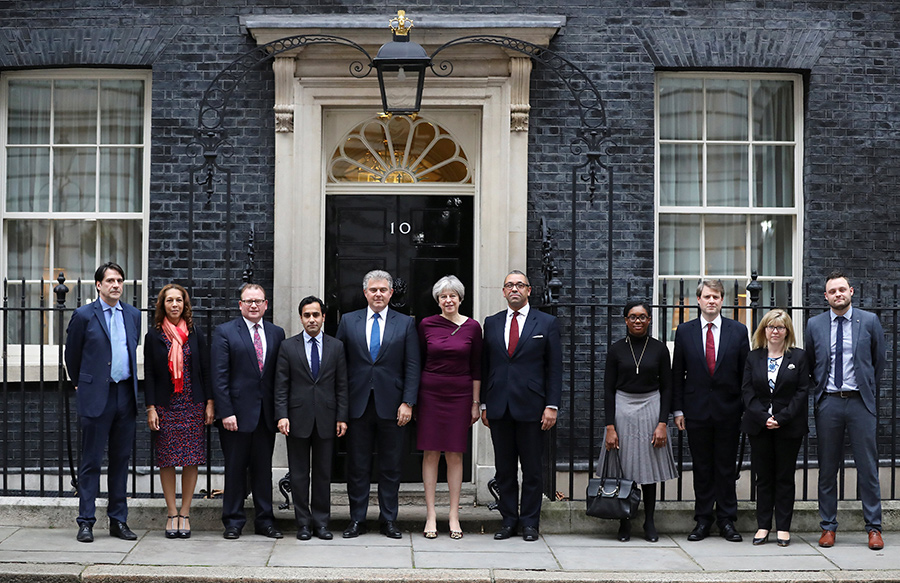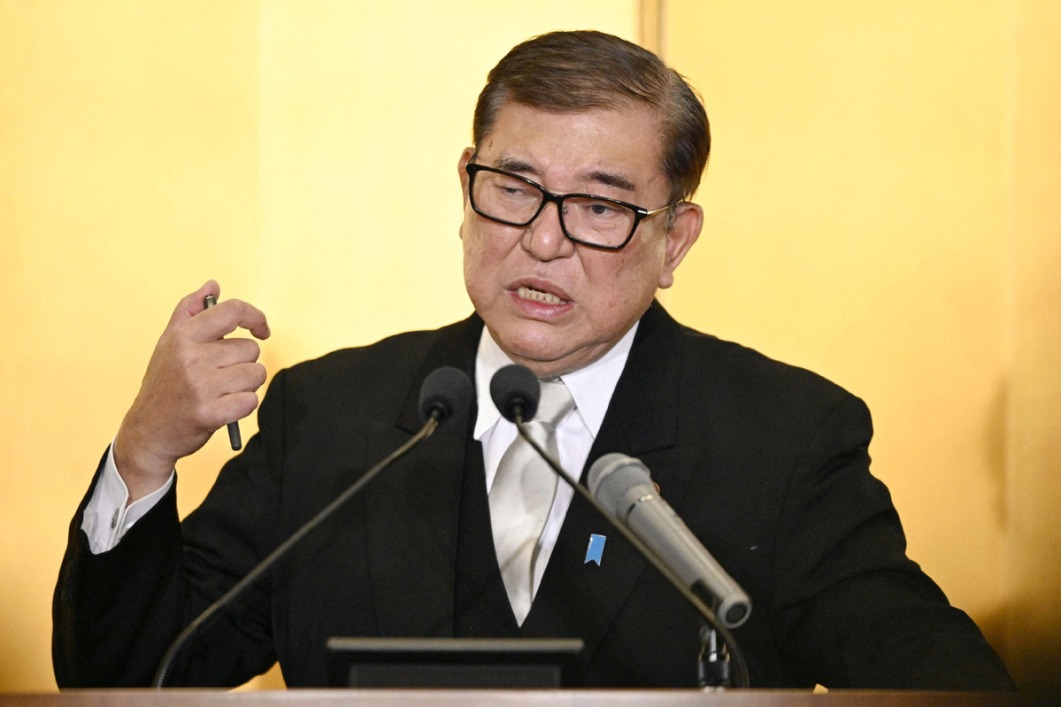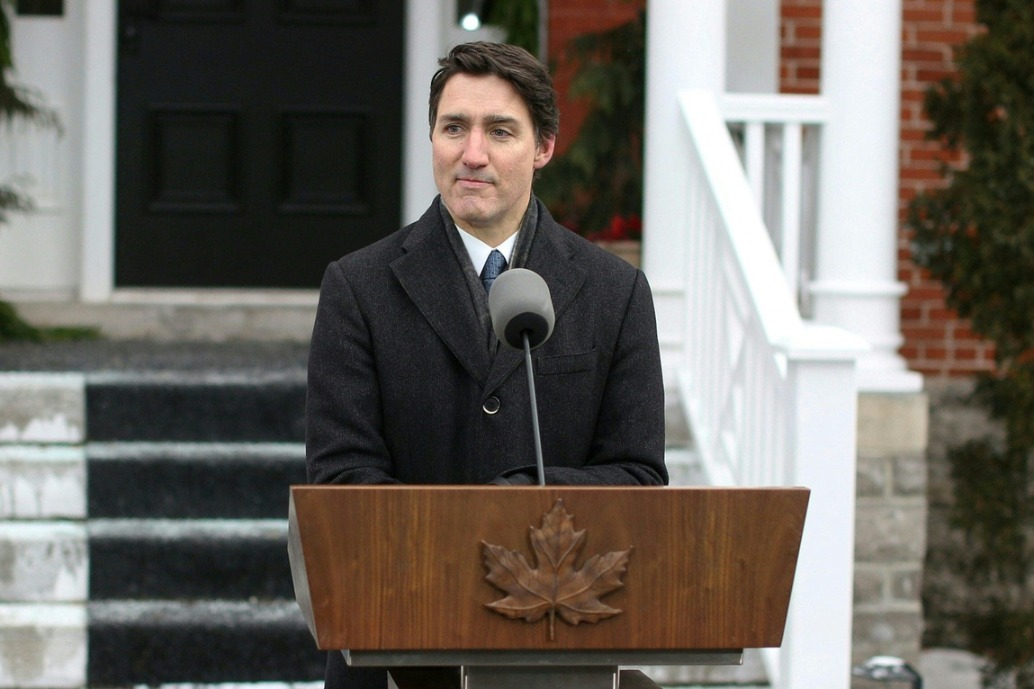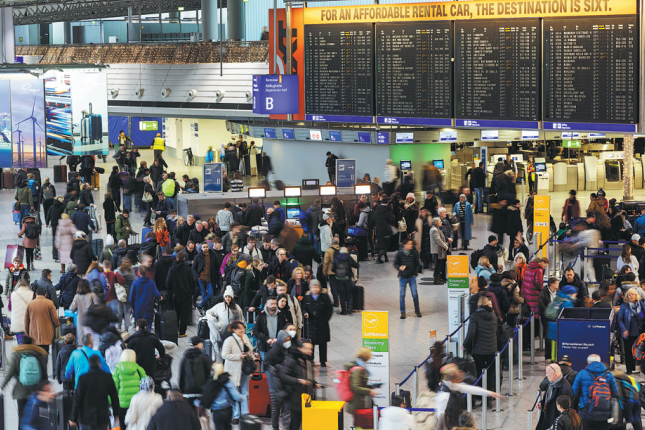British PM's fresh start goes stale in lackluster reshuffle


If Theresa May, the British prime minister, intended to use this week's cabinet reshuffle to assert her authority and inject new energy into her administration, the result has been to further diminish her standing and make it less likely that her government will be able to deliver the Brexit deal it wants.
The Daily Mail was one of the few newspapers to defend her. It said in its editorial: "She may not yet be exactly strong and stable - but this reshuffle shows she's determined to get on with the job of governing Britain."
The UK leader seemed to want to make a show of Monday's reshuffle: Each minister would walk along Downing Street past the journalists and television cameras before they entered No. 10 and found out whether the leader had decided if they were to keep their jobs.
The first hiccup in the plan came in the early afternoon when journalists' speculation that the pro-Brexit transport minister, Chris Grayling, was to become chairman of the Conservative Party was confirmed on social media. The tweet was deleted and Grayling was later confirmed in his current post.
There was worse to come. Jeremy Hunt, the minister for health, was told he was being transferred to business. He refused, and after hours of wrangling, he emerged as the minister for health, and social services as well.
The overall impression of the day was of little change. The major ministries, treasury, home office, foreign affairs, international trade and the department for exiting the EU remained in the same hands. May was expected to bring in a raft of new junior ministers on Tuesday, many women and from ethnic minorities, which would create the groundwork for a more diverse cabinet in future.
But for some reason, May had decided to transfer Justine Greening, the minister for education, to the ministry for work and pensions. As with Hunt, no-one had consulted Greening before reshuffle day, which is the normal practice. She declined and later resigned.
Greening campaigned to stay in the European Union, but as a government minister was obliged to vote in Parliament with the government regardless of her feelings. Those fighting the government's Brexit plans have a potential new ally and this is very important when the government only has a majority of 13 in conjunction with the Northern Irish Democratic Unionist Party.
Some commentators started the New Year saying that the prime minister had survived a humiliating election defeat, an equally-bad party conference and a series of resignations and sackings in her cabinet and was about to start 2018 with new confidence.
Instead, May looks even weaker as she prepares to embark on another year of bruising Brexit negotiations.

































